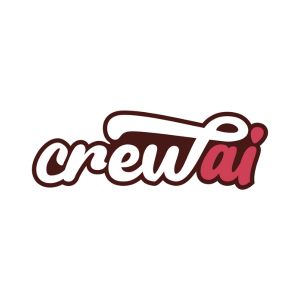
CrewAi coordinates multiple AI agents to tackle complex tasks that one assistant cannot handle alone. Define roles, tools, and goals, then run collaborative plans where agents divide work, critique results, and pass context. Human-in-the-loop checkpoints keep control over important steps. Logs and artifacts show how each decision was made for later review. Reusable playbooks standardize patterns for research, coding, and operations tasks.
Define distinct agents such as researcher, planner, and implementer with clear scopes. Each agent has tools and context to execute specialized steps while handoffs transfer summaries rather than raw logs. You can swap roles in and out to fit task complexity and risk. Specialization prevents one model from stretching beyond its strengths on critical work, improving outcomes and accountability across the entire workflow.
Agents propose approaches, critique each other, and converge on a plan that addresses assumptions and edge cases. Self-check prompts catch gaps in sources and logic before they ship. You can set boundaries for time and tokens to control cost and ensure focus. Status updates track progress so you know when to intervene, keeping quality rising without micromanaging and preserving momentum across longer-running projects.
Connect search, code execution, or private knowledge bases with explicit permissions and scopes. Agents cite where facts came from and attach relevant files, while sandboxing reduces risk during exploratory steps. Credentials can be limited to read-only for safer experiments. Grounded actions and traceable sources make results easier to trust, review, and reuse, especially when work spans teams and compliance-sensitive domains.
Insert approvals at milestones such as plan sign-off or final draft. Diff views show what changed between rounds, and you can annotate decisions for teammates. Escalation routes pull in experts when tasks exceed the crew’s remit. Human-in-the-loop control builds confidence for high-stakes or regulated scenarios, balancing speed with judgment so projects advance without losing oversight or institutional standards.
Outputs, notes, and references are saved as artifacts tied to each run. Metrics such as cost, depth, and time help compare strategies and pick winners. Playbooks let you reuse patterns that worked well and adapt them for new situations. Versioning captures improvements so future crews start stronger, turning experiments into repeatable processes that scale across teams and retain organizational memory.


Recommended for teams coordinating research, software tasks, and operations where context shifts and handoffs slow progress. CrewAi organizes roles, plans, and checkpoints so work moves forward with fewer stalls. Engineers, analysts, and operators can reproduce strategies and learn from past runs. It’s a practical way to scale beyond a single assistant without losing control as tasks grow in scope and complexity.
Single-agent prompts often miss context or overfit to one approach. CrewAi divides responsibilities, critiques drafts, and records reasoning so improvements stick. Tool access and approvals reduce risk while enabling depth. Teams gain faster, more reliable outcomes on tasks that demand breadth and coordination. Leaders see what worked and why, which helps justify investment and refine reusable playbooks for the future.
Visit their website to learn more about our product.


Grammarly is an AI-powered writing assistant that helps improve grammar, spelling, punctuation, and style in text.

Notion is an all-in-one workspace and AI-powered note-taking app that helps users create, manage, and collaborate on various types of content.
0 Opinions & Reviews